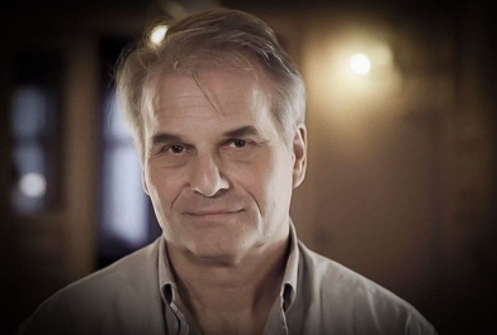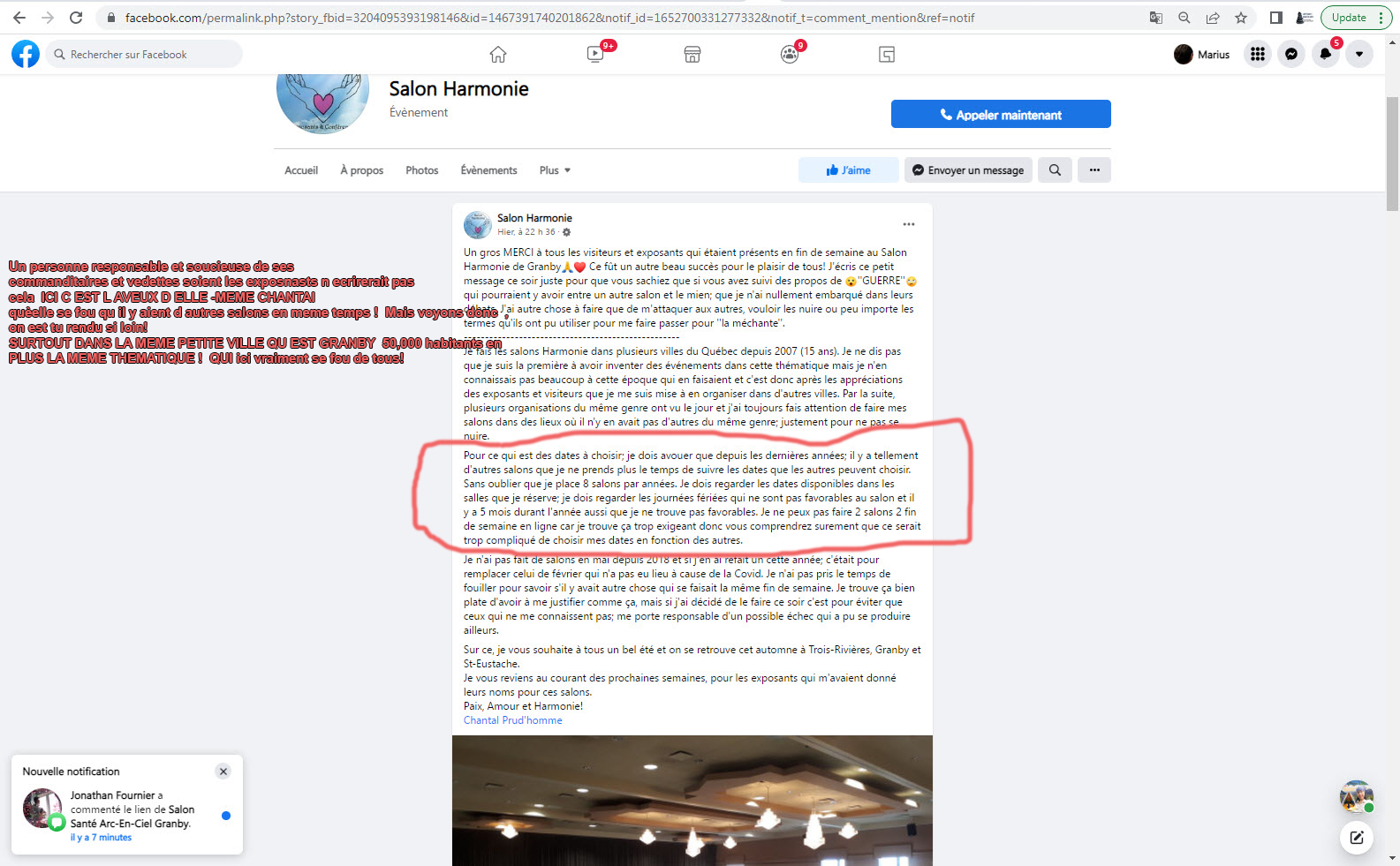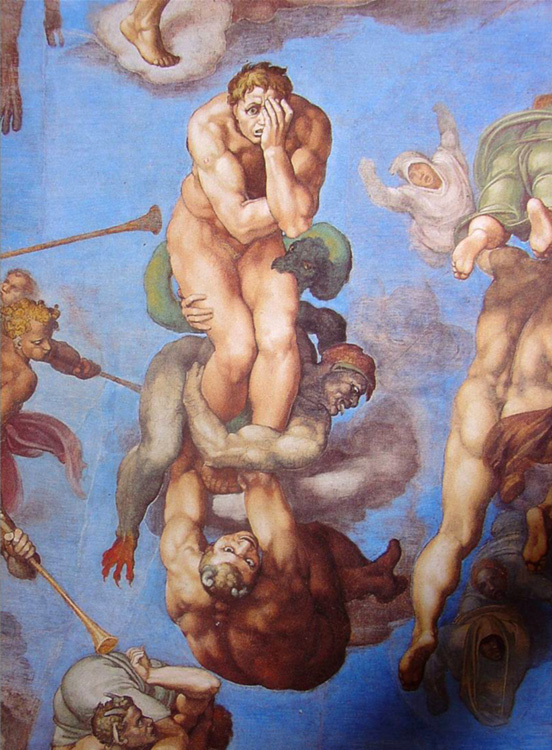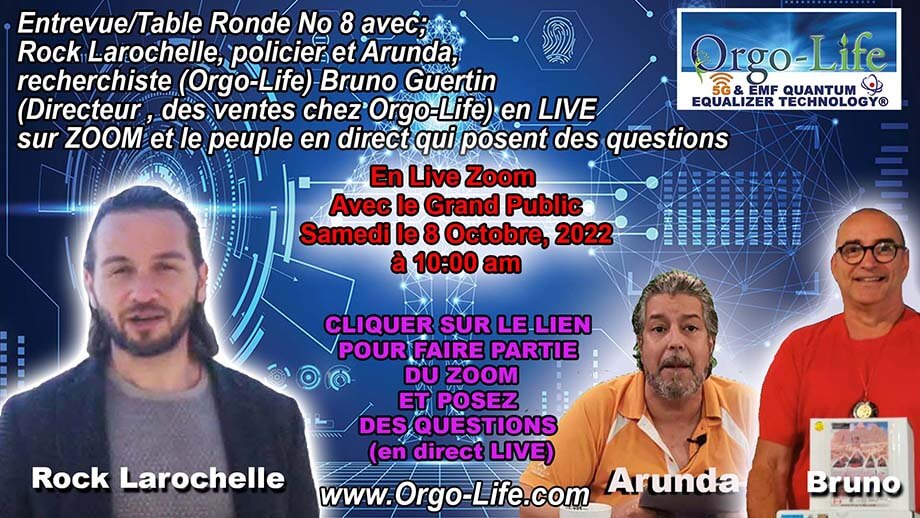
Let’s briefly examine the case of Solon from the history of ancient Athens.
Solon was the great Athenian lawgiver, who lived from about 630 to 560 BCE. Prior to Solon, the Greek city-states languished under the rule of rich plutocrats and ruling tyrants. Ordinary people, both farmers and workers, along with their wives and children, were virtual slaves to the rich. They were also shut out of participation in the political process and had no ability to defend themselves in the rich men’s courts.
Solon was an aristocrat himself who, at a time of war with external enemies, was elevated to chief magistrate. After peace was assured, he took the huge step whereby “all debts were cancelled.” (Britannica) He abolished debt slavery and freed all persons already enslaved. He opened the legal system to fair and affordable participation by all social classes.
Solon also included all citizens in a new public assembly, provided for training of youth in the trades, instituted a reliable system of weights and measures, and, perhaps most important, introduced state-produced coinage.
This freed the economy from using credit from the rich based on usury and led to an immediate expansion of trade with other city-states and beyond. According to Demosthenes, he also introduced measures to enhance “personal modesty and frugality” and to restrain sexual license. It was Solon who made possible the Greek Golden Age which started about 80 years after his death. This was the foundation of all future Western culture.
—Richard C. Cook, May 21, 2025
***
The Wisdom of Solon
Here is the “Grok” summary of the source of “Solonic Wisdom” that famously saved ancient Athens from the deflationary depression caused by the greed of its oligarchs, very much like the imbalance of wealth and power that now bedevils American civilization:
The term “Solonic Wisdom” refers to the insights and principles attributed to Solon (c. 630–560 BCE), an Athenian statesman, lawgiver, and poet, renowned as one of the Seven Wise Men of Greece. The source of this wisdom lies primarily in his legislative reforms, surviving poetic fragments, and historical accounts of his life and philosophy, as recorded by later ancient sources. Below is a detailed breakdown of the origins and nature of Solonic Wisdom:
1. Solon’s Reforms and Political Philosophy
Solon’s wisdom is most famously tied to his role as archon (chief magistrate) of Athens around 594 BCE, when he was granted extraordinary powers to address social, economic, and political crises. His reforms, known as the Seisachtheia (“shaking off of burdens”), included:
- Debt Cancellation: Solon abolished debt-slavery, freeing citizens who had been enslaved due to unpaid debts and redeeming forfeited land. He described this in his poetry: “From whose surface I plucked up the marking-stones [of debt]… so that she who was enslaved is now free.”
- Constitutional Changes: He restructured Athenian governance, reducing aristocratic dominance by introducing wealth-based (not birth-based) qualifications for political office, thus empowering the emerging wealthy class while maintaining stability.
- Legal Code: Solon introduced a more humane law code, replacing Dracon’s harsh laws, and emphasized moderation to prevent tyranny or revolution.
His approach embodied practical wisdom, balancing competing interests to avoid civil strife. Ancient sources, like Plutarch, describe Solon as a mediator who rejected autocratic power despite being offered it, reflecting his belief in an ordered society where each class had its place.
2. Solon’s Poetry
Solon’s surviving poetic fragments are a direct source of his wisdom, as he used poetry to justify his reforms and articulate his philosophy. In these works:
- He casts himself as a mediator between the nobles and the common people, warning against greed and factionalism: “There was conflict between the nobles and the common people… the poor… were in slavery to the rich.”
- He emphasizes moderation, justice, and the dangers of hubris, advocating for eunomia (good order) as the foundation of a stable society.
- His aphorisms, such as “Seek to learn constantly while you live; do not wait in the faith that old age by itself will bring wisdom,” reflect a commitment to lifelong learning and humility.
These poems were widely quoted by later authors, preserving Solon’s ethical and political insights.
3. Historical and Literary Accounts
Much of what is known about Solonic Wisdom comes from later ancient writers, as Solon’s own works survive only in fragments, and Athens in the early 6th century BCE lacks extensive contemporary records. Key sources include:
- Herodotus (5th century BCE): In his Histories, Herodotus recounts Solon’s visit to the Lydian king Croesus in Sardis, where he delivers the famous dictum, “Count no man happy until he is dead.” This reflects Solon’s belief that human fortune is fickle, and true happiness can only be judged at life’s end. The story, though possibly legendary, underscores Solon’s philosophical depth.
- Plutarch (1st–2nd century CE): In his Life of Solon, Plutarch portrays Solon as a wise lawgiver who prioritized justice over personal gain. He describes Solon’s refusal to exploit his reforms for personal enrichment, even when friends used insider knowledge to profit from his debt cancellations.
- Aristotle (4th century BCE): In the Athenaion Politeia (Constitution of the Athenians), Aristotle credits Solon with laying the foundations of Athenian democracy through his reforms, emphasizing his role as a rational mediator.
- Pausanias (2nd century CE): Pausanias notes that Solon’s laws were inscribed and displayed at the Prytaneion in Athens, and his aphorisms were among those adorning Apollo’s temple at Delphi, cementing his reputation as a sage.
These accounts, while written centuries after Solon’s death, draw on oral traditions, his poetry, and surviving legal inscriptions, though they may include embellishments or later interpolations.
4. Solon’s Dictum and Philosophical Legacy
The most enduring expression of Solonic Wisdom is Solon’s Dictum, as recounted by Herodotus: “Call no man happy until he is dead.” This principle, shared during his supposed meeting with Croesus, encapsulates Solon’s view that life’s unpredictability—subject to chance and divine will—precludes final judgments about happiness until a person’s life is complete. The story illustrates:
- Humility: Solon prioritizes Tellus the Athenian, a modest citizen with a virtuous life and honorable death, over the wealthy Croesus, challenging materialistic views of happiness.
- Perspective on Fortune: He warns that wealth and power are transient, as seen in Croesus’s eventual downfall to the Persian king Cyrus, who later acknowledged Solon’s wisdom.
This dictum influenced later Greek thought, particularly in tragedy and philosophy, reinforcing themes of moderation and the fragility of human success.
5. Cultural and Historical Context
Solon’s wisdom emerged in a turbulent period when Athens faced economic inequality, aristocratic rivalries, and the threat of tyranny, common in Greek city-states. Unlike many contemporaries who seized power as tyrants, Solon’s refusal to become a dictator and his voluntary exile after his reforms (to avoid pressure to alter them) reflect his commitment to civic stability over personal ambition.
- His inclusion among the Seven Wise Men of Greece (alongside Thales, Chilon, and others) by later Greek tradition highlights his reputation for practical and moral insight.
-
His aphorisms, inscribed at Delphi, such as “Nothing in excess” (often attributed to the Seven Sages collectively), align with his emphasis on balance and restraint.
*
Summary
The source of “Solonic Wisdom” lies in Solon’s legislative reforms, poetic fragments, and philosophical insights, particularly his emphasis on moderation, justice, and the fragility of human fortune. Solon’s wisdom is rooted in his practical governance of Athens, his rejection of tyranny, and his moral reflections on society and human life, making him a foundational figure in Western political and ethical thought. Perhaps the ideas most significant for our own time are cancellation of debt, elimination of debt-slavery, and introduction of a fair and rational currency system.
*
Click the share button below to email/forward this article. Follow us on Instagram and X and subscribe to our Telegram Channel. Feel free to repost Global Research articles with proper attribution.
This article was originally published on Three Sages.
Richard C. Cook is a retired U.S. federal analyst with extensive experience across various government agencies, including the U.S. Civil Service Commission, FDA, the Carter White House, NASA, and the U.S. Treasury. He is a graduate of the College of William and Mary. As a whistleblower at the time of the Challenger disaster, he exposed the flawed O-ring joints that destroyed the Space Shuttle, documenting his story in the book “Challenger Revealed.” After serving at Treasury, he became a vocal critic of the private finance-controlled monetary system, detailing his concerns in “We Hold These Truths: The Hope of Monetary Reform.” He served as an adviser to the American Monetary Institute and worked with Congressman Dennis Kucinich to advocate for replacing the Federal Reserve with a genuine national currency. See his new book, Our Country, Then and Now, Clarity Press, 2023. Also see his Three Sages Substack.
Dr. Lewis S. Coleman is Chair of the Science and Education Board of the American Institute of Stress. He is a board-certified anesthesiologist who completed his BS degree in biology at the Ohio State University, obtained his MD degree from New York Medical College, and completed his surgical internship and anesthesiology residency at UCLA, followed by 40 years in private practice. Dr. Coleman’s basic sciences instruction at NYMC miraculously coincided with the two-year sojourn of Dr. Johannes Rhodin, who was retained by the school to reform its curriculum. Dr. Rhodin was a famous researcher and expert on the stress theory of Dr. Hans Selye. His lectures devastated the dogma of classical physiology and convinced Coleman that stress theory represented the future of medicine. Many years later, these lectures enabled Coleman to identify Selye’s long-sought Mammalian Stress Mechanism, which promises to revolutionize medicine and provide a new era of health, longevity, and freedom from the eternal scourge of disease and premature death. Coleman sets forth his ideas in his new book, 50 Years Lost in Medical Advance: The Discovery of Hans Selye’s Stress Mechanism.
“Every human enterprise must serve life, must seek to enrich existence on earth, lest man become enslaved where he seeks to establish his dominion!” Bô Yin Râ (Joseph Anton Schneiderfranken, 1876-1943), translation by Posthumus Projects Amsterdam, 2014. Also download the Kober Press edition of The Book on the Living God here.
Featured image: Ancient Roman busts from the Farnese Collection, now in Naples (Licensed under CC BY-SA 3.0)
Global Research is a reader-funded media. We do not accept any funding from corporations or governments. Help us stay afloat. Click the image below to make a one-time or recurring donation.


.png) 1 month_ago
11
1 month_ago
11


























 French (CA)
French (CA)